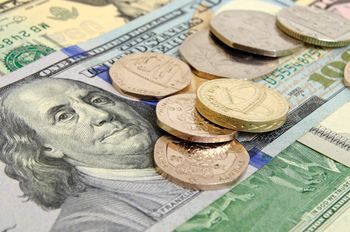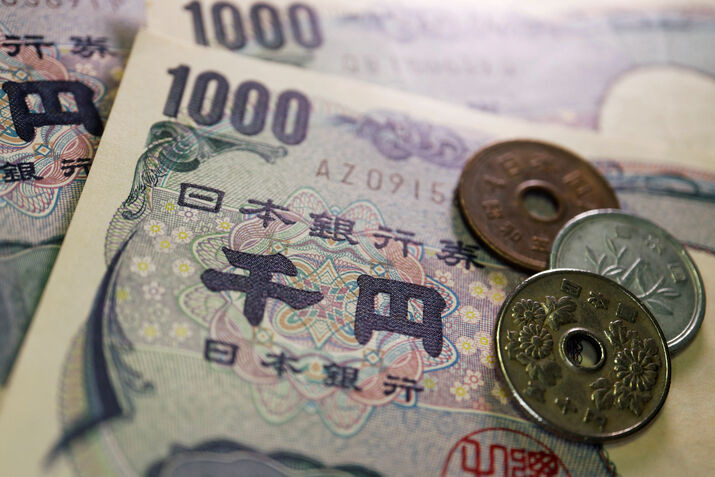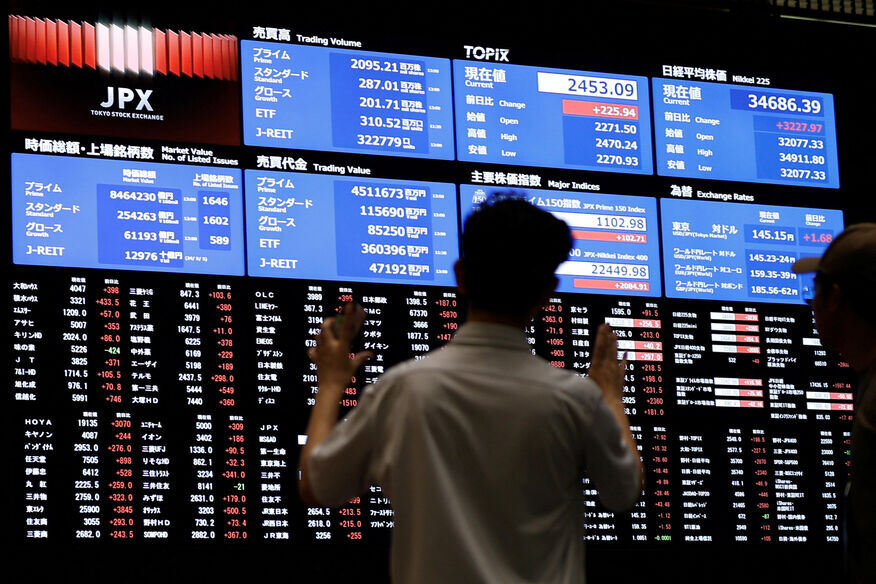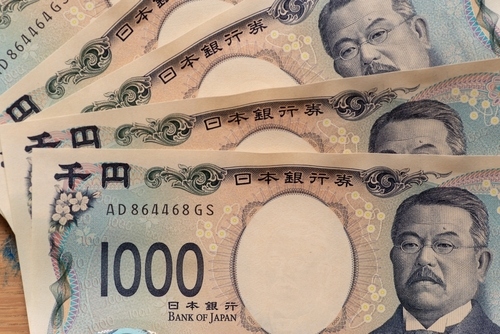GBP/JPY drops to near 192.00 due to increasing risk aversion

- GBP/JPY falls as traders adopt caution ahead of US ISM Manufacturing PMI release on Tuesday.
- The JPY may face challenges as weak Japanese manufacturing data fuels expectations of the BoJ postponing further rate hikes.
- BRC Like-for-Like Retail Sales rose by 0.8% YoY in August, against the previous 0.3% rise.
GBP/JPY breaks its three-day winning streak, trading around 191.80 during the European hours on Tuesday. However, the JPY encountered challenges as weak Japanese manufacturing data fueled speculation that the Bank of Japan (BoJ) might postpone further rate hikes.
On Tuesday, Japan announced to allocate ¥989 billion to fund energy subsidies in response to rising energy costs and the resulting cost-of-living pressures. This government intervention could potentially contribute to inflation.
The Bank of Japan's (BoJ) hawkish monetary policy stance has been further reinforced by a recent increase in Tokyo's inflation. Meanwhile, Japanese companies reported a sharp rise in capital spending for the second quarter.
In the United Kingdom (UK), BRC Like-for-Like Retail Sales increased by 0.8% year-on-year in August, up from a 0.3% rise in July, marking the fastest growth in five months. On Monday, the S&P Global UK Manufacturing PMI held steady at 52.5 for August, consistent with preliminary estimates.
The Pound Sterling received support as traders anticipate no rate cut by the Bank of England (BoE) in the September meeting, while the possibility of a 25 basis points (bps) interest rate cut in the November meeting stands at 87.2%.
Traders await BoE Deputy Governor Sarah Breeden's role as moderator for a panel on supervisory cooperation at a joint conference hosted by the European Central Bank and the European Banking Authority on Tuesday.
Inflation FAQs
What is inflation?
Inflation measures the rise in the price of a representative basket of goods and services. Headline inflation is usually expressed as a percentage change on a month-on-month (MoM) and year-on-year (YoY) basis. Core inflation excludes more volatile elements such as food and fuel which can fluctuate because of geopolitical and seasonal factors. Core inflation is the figure economists focus on and is the level targeted by central banks, which are mandated to keep inflation at a manageable level, usually around 2%.
What is the Consumer Price Index (CPI)?
The Consumer Price Index (CPI) measures the change in prices of a basket of goods and services over a period of time. It is usually expressed as a percentage change on a month-on-month (MoM) and year-on-year (YoY) basis. Core CPI is the figure targeted by central banks as it excludes volatile food and fuel inputs. When Core CPI rises above 2% it usually results in higher interest rates and vice versa when it falls below 2%. Since higher interest rates are positive for a currency, higher inflation usually results in a stronger currency. The opposite is true when inflation falls.
What is the impact of inflation on foreign exchange?
Although it may seem counter-intuitive, high inflation in a country pushes up the value of its currency and vice versa for lower inflation. This is because the central bank will normally raise interest rates to combat the higher inflation, which attract more global capital inflows from investors looking for a lucrative place to park their money.
How does inflation influence the price of Gold?
Formerly, Gold was the asset investors turned to in times of high inflation because it preserved its value, and whilst investors will often still buy Gold for its safe-haven properties in times of extreme market turmoil, this is not the case most of the time. This is because when inflation is high, central banks will put up interest rates to combat it. Higher interest rates are negative for Gold because they increase the opportunity-cost of holding Gold vis-a-vis an interest-bearing asset or placing the money in a cash deposit account. On the flipside, lower inflation tends to be positive for Gold as it brings interest rates down, making the bright metal a more viable investment alternative.








